
Losing My Phone, Gaining My Life
I lost my phone while on vacation recently. Somewhere on Heavenly Mountain in Lake Tahoe there’s a phone buried deep under the snow below the chair lift. Seems like bad news right? When I told people, many of them reached for their pockets and purses just to caress their own phones in an effort to reassure themselves that they didn’t lose their phone. Calm down people. Take some deep breathes. This is my story, not yours. And don’t worry, it has a happy ending.
Think You’re Cut Out For Leadership? Ask Yourself These Questions
Becoming a leader isn’t easy. It requires a lot of patience. It requires building trust. Earning the trust of those around you, and trusting yourself. Leadership requires being honest with yourself and your organization, even when the truth hurts. If you are interested in choosing to lead your life and your work, see if you can answer these key questions before taking the leap.

Your Trust Fund
We like to think trust is for our personal lives. We can easily know, feel, and build trust when it’s in relation to our children, our friends, our spouses and our family. When we only focus on trust in our personal life, our professional growth suffers. How do we build trust in our organizations? How do we go from “working with our team” to “trusting our team”?

Finding Your Happy Place
I think it goes without saying that having a happy workforce is important. Data shows that happiness is an indicator of the quality of one’s work, especially over time. We know that when people feel part of team that has energy, collaboration, and sense of making a difference, productivity and retention go up (Harvard Business Review, Jan/Feb 2012). Successful teams have high levels of trust, shared accountability, and collaboration that makes the work fun.
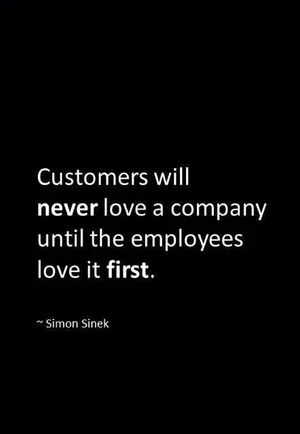
The Customer Always Comes Second.
This year has been a whirlwind. One thing entrepreneurship has taught me is that you can have a plan, but hold it loosely. If you hold too tight, you miss opportunities. If you hold too loose, you wind up chasing bright shining objects and falling down rabbit holes. I will admit to doing both.
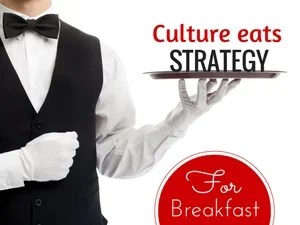
Why Culture Matters
The reality is that culture and strategy interact and in the best of all worlds, they are mutually reinforcing. Culture creates loyalty and resilience during tough times. Strategies can be copied, but no one can copy your culture. A strong culture creates a competitive advantage that allows you to compete for top talent. In today’s fast paced, highly competitive environment, your culture is what will differentiate you within your industry. When strategy and culture collide, culture will always win. Companies like Zappo’s and Tom’s Shoes invest heavily in culture, knowing that it provides a level of risk prevention that strategy alone can not cover.
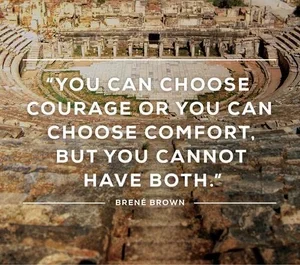
Connection & Belonging
A study by the University of Iowa recently found that a sense of belonging and attachment to a group of co-workers is a better motivator for some employees than money.

The #1 Thing you Need to Get Where You Want to Go
Remember when you were in middle school and you had to run an errand in between classes? Sometimes you would be walking the empty halls and a hall monitor would pull you aside and ask, “Do you have a permission slip young man/lady?”
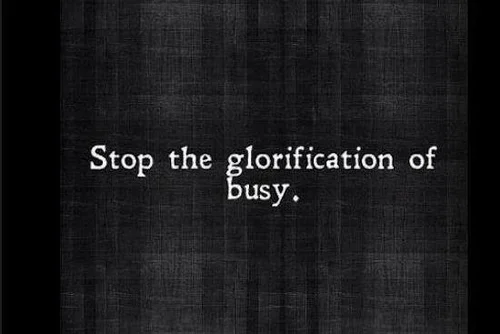
Letting Go of Busy & Exhausted
A leadership philosophy is the way we see ourselves as leaders. This philosophy guides our actions, our behaviors, and our thoughts. Our philosophies are influenced by external and internal forces. We can change who we are as leaders by simply changing our philosophy of leadership. Leadership philosophies can change as you grow to understand yourself within the context of leading.

Creating Your Brand of Leadership
A leadership philosophy is the way we see ourselves as leaders. This philosophy guides our actions, our behaviors, and our thoughts. Our philosophies are influenced by external and internal forces. We can change who we are as leaders by simply changing our philosophy of leadership. Leadership philosophies can change as you grow to understand yourself within the context of leading.
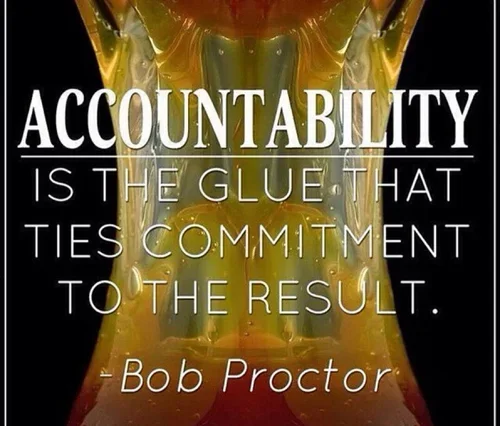
Making Peace with Accountability
Accountability is the guiding principle that defines how we make commitments to one another. It is how we measure and report our progress, how we interact when things go wrong, how much ownership we take to get things done. In essence, it is the nerve center that runs throughout every part of the organization, through every working relationship to every member of every team.
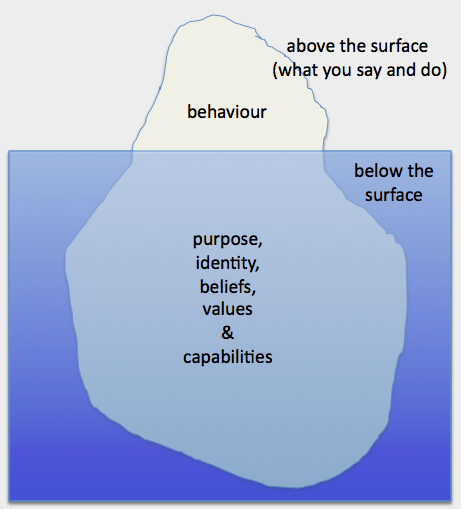
Where Your Culture Lives
At the surface level, culture can present itself as visible symbols, slogans, languages, behaviors, histories, stories dress codes and legends. But underlying these visible signs of culture, are the core values, beliefs and shared assumptions of each employee that help define the organization’s culture.
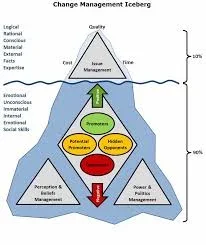
Being a Change Ally
Not all people embrace change with the same level of enthusiasm. A percentage of the population will love and embrace change immediately. Some people simply tolerate change, and others deny, ignore or dislike change. and may try to stop it. Others cynically deny that change will actually ever happen.

